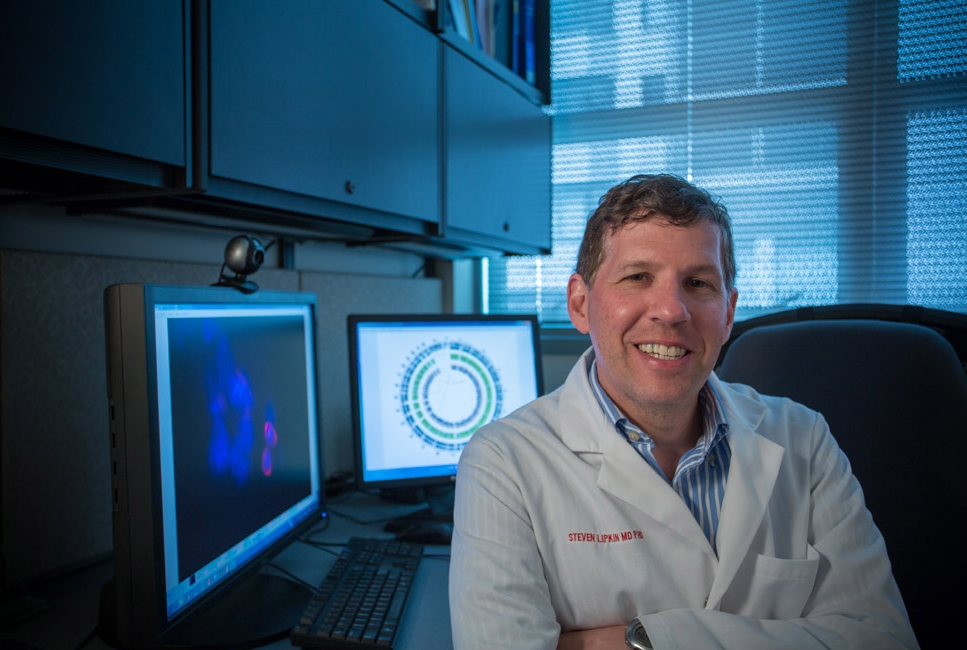A research team led by Weill Cornell Medical College investigators has developed a mouse model with a healthy immune system and used that specimen to study how human colon cancer cells are spread — or not — based on immune function. The corresponding study, published May 25 in Nature Biotechnology, shows that the new model offers a better way than previous models to screen and test cancer drugs, immunotherapies and tumor vaccines, offering new hope for the development of successful colon cancer treatments.
"In colon cancer, metastasis is what kills people. And when it comes to testing, the existing animal models available need improvement," said the study's lead author, Dr. Steven Lipkin, associate professor of genetic medicine at Weill Cornell. "We were able to make a new mouse model that will better allow us to look for and test immunotherapies and vaccines that up to now have been difficult to study."
Previously, only mouse models with crippled immune systems could be used in testing how human colon cancer cells formed tumors and spread. In this immuno-deficient population, once a tumor formed, it often metastasized to the liver. But in the new model with a healthy immune system, those same colon cancer cells still form tumors, but don't metastasize.
"This finding reveals that the immune system has a role in preventing colon cancer metastasis," Dr. Lipkin said. It also opens up the door to additional research on how immune therapies, which have shrunken tumors, halted metastasis and extended survival in patients with melanoma and lung cancer, might also be applied to colon cancer.
After a three-year collaboration with investigators from Cornell University and Albert Einstein Medical Center, the researchers next hope to test drugs and therapies and search for clues into how a healthy immune system suppresses colon cancer metastasis. False positives and data-compromising complications in previous studies have until now limited those efforts.
"This is an exciting development," Dr. Lipkin said, "and one that we hope will finally impact the development of therapeutic options for colorectal cancer patients."

